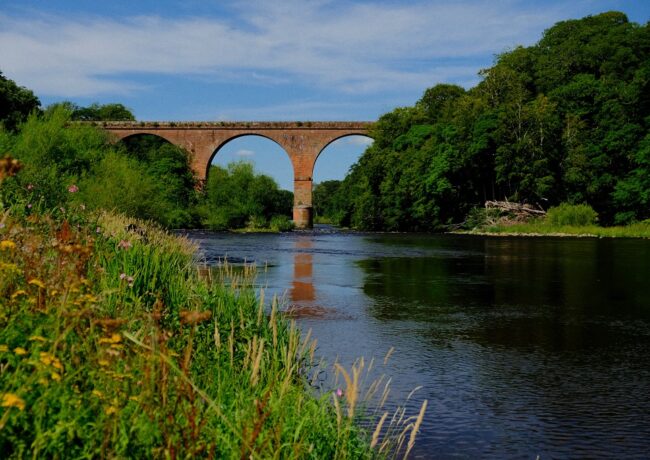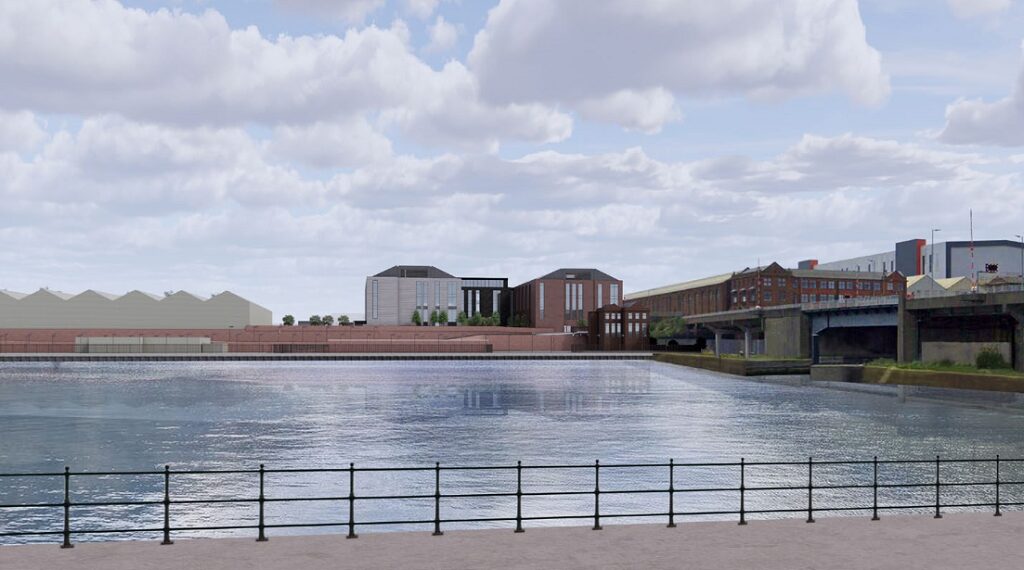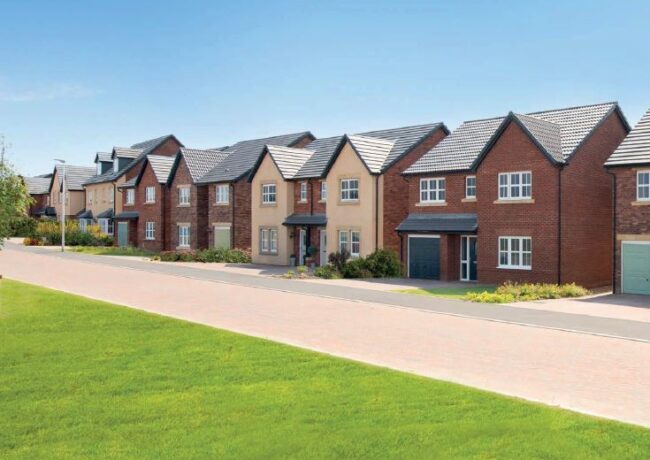Building ban impacts 2,500 homes in Cumbria
Expanded nutrient neutrality regulations from Natural England have led councils to pause planning approvals on up to 100,000 new homes according to the Home Builders Federation.
Natural England increased its list of protected sites that are impacted by nutrient pollution last month, sending out letters to 42 local authorities advising them to ensure proposed developments do not increase the amount of nitrogen or phosphorus in rivers.
This raises the number of councils impacted by nutrient neutrality policies to 74, as 32 councils were put under the guidance in 2018. Most of those 32 councils were located in the South.
The schemes impacted are for overnight accommodation, such as houses and hotels. Offices, schools and retail units are generally exempted from the regulations.
In Cumbria, phosphorus is the main concern for Natural England. The increase of phosphorus in rivers can lead to algae blooms and large plants growing faster than usual, thus leading to a decreased amount of oxygen in the water. This can negatively impact other plants and wildlife in the area.
The affected areas in Cumbria are in the River Eden Special Area of Conservation, which includes parts of Allerdale Council, Carlisle City Council, Eden Council, Lake District National Park, and South Lakeland Council.
Several of these councils are also impacted by the River Kent SAC and the River Derwent & Bassenthwaite Lake SAC. Additionally, the River Derwent & Bassenthwaite Lake SAC includes a section of Copeland Council.
Parts of Cheshire East Council and Cheshire West and Chester Council are also impacted, as they fall within the West Midlands Mosses SAC and Rostherne Mere Ramsar.
The new advice applies to new planning applications, as well as those at the reserved matters approval stage. Applications for prior approval and certificates of lawfulness are also included.
Carlisle City Council, Copeland Council and Allerdale Council have stated that they will not be approving planning applications for developments in the catchment areas for the time being.
“Whilst the council carefully assesses the consequences of the guidance, it cannot lawfully conclude that relevant development within the identified catchments of these Special Areas of Conservation will not have an adverse effect,” read identical statements on the Carlisle and Allerdale councils’ websites.
“Therefore, until these matters are resolved the council will not be able to grant planning permission for current schemes under consideration or for new proposals within the affected catchments.”
Eden Council said planning applications in the relevant areas may be delayed until the council was confident that the project either did not meet the criteria for the nutrient neutrality rules or that the project had steps in place to ensure it was nutrient neutral.
A survey of members of the Home Builders Federation found that 2,514 homes were being delayed in the River Eden catchment. Most of those homes are in the Carlisle area.
HBF noted in a report that housebuilding accounts for a small amount of phosphate pollution, citing data from Somerset South & West Council that showed less than 4% of pollution came from residential projects. Most came from either wastewater treatment works or agriculture.
“Avoiding harm to water habitats caused by nutrients is important, and the housebuilding industry is prepared to play its part in a way that is fair and reasonable,” said HBF director for cities James Stevens.
“However, we face an acute housing shortage and the social and economic implications of delaying tens of thousands of homes are stark,” he continued.
“We are urging government to agree proportionate measures that reflect the contribution of housing delivery to the issue without delay. The situation has already been ongoing for some years and it is imperative that solutions are agreed and implemented urgently.”





The impending phosphate crisis makes for interesting reading – just another example of industrialised humanity’s careless depletion of natural resources and destruction of the environment.
HBF may be right that the residential building sector has only a very small impact compared to agriculture or water treatment but I am unconvinced by their doomsaying “stark” implications of slowing down housebuilding.
The housing “crisis” is due to commodification. It will not be fixed by building more homes. Now is the time to slow down and think about how we can build for the planet, not to plough ahead with hundreds of thousands of homes not fit for the future.
By W
This has been brewing for a while and I’ve had numerous clients pause work as a consequence, with an obvious impact on the whole supply chain. Regardless of the merits or otherwise of the new regs, it seems a clear case of the law of unintended consequences biting the government. Time for the left hand to let the right know what it’s doing, perhaps?
By Sceptical
What an absolute disaster, we need more homes!
By MC
Excellent news. There is too much corruption and damage to the Environment in Planning applications particularly in West Cumbria.
By G.R. James.
It’s also affecting campsite and the 28 day ruling that allows pop up sites – please get in touch
By Louise